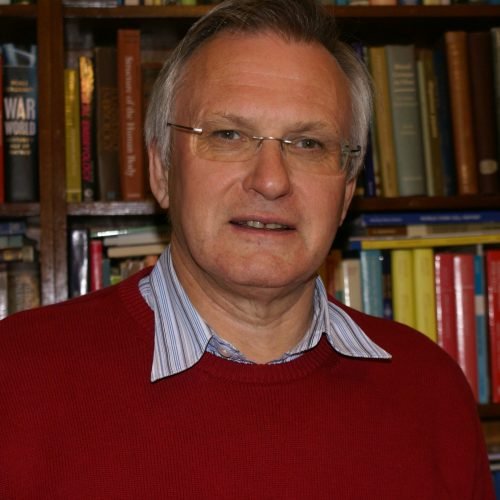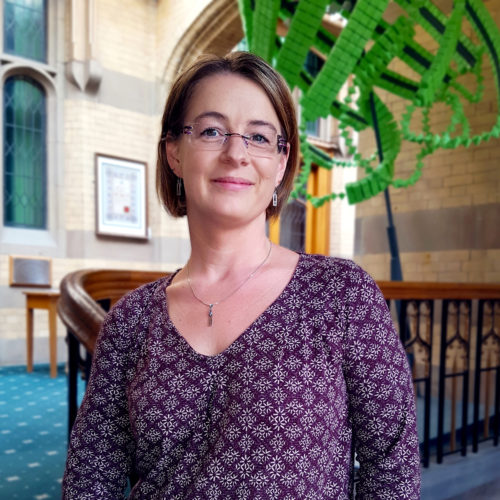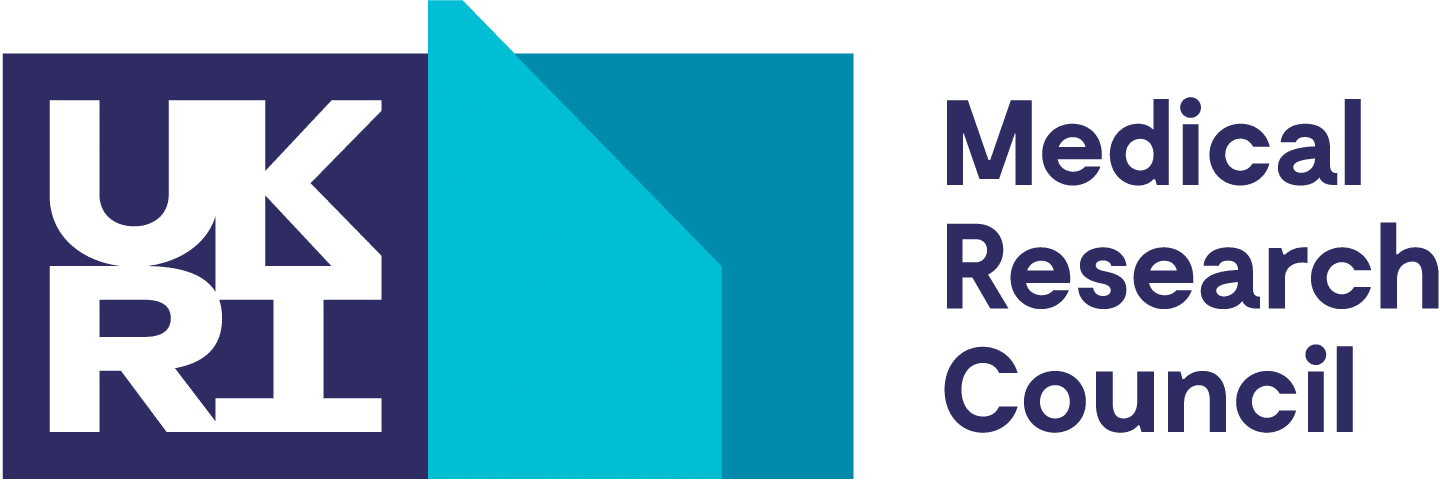Key Focus
The Cell behaviour, differentiation and manufacturing Hub (also known as Pluripotent Stem Cell Platform – PSCP) aims to lay foundations for a generic translational pipeline from the derivation of clinical grade pluripotent stem cells to potential cell therapies.
The Hub will build upon emerging technologies to optimise processes for consistent, scalable stem cell manufacturing that minimize the appearance of genetic and epigenetic variants, and meet the requirements of clinicians, regulatory authorities and industry for safe and cost-effective applications. Our research will focus initially on the degenerative conditions of Parkinson’s disease and neuropathic deafness, but later address other potential targets including leukodystrophies, end-stage liver disease, diabetes and platelet concentrates for transfusion.
Our Location
 Lead Organisation Lead Organisation |
Translational Challenge
The key translational challenges are to develop protocols that allow the generation and expansion of pluripotent stem cells (both embryonic and induced) while maintaining their genetic and epigenetic integrity, and to implement cost effective and consistent manufacturing processes for the production of desired terminally differentiated cell types. These protocols and processes must meet the requirements of regulatory authorities for safe, effective and reproducible products for use in regenerative medicine.
Aims and Objectives
PSCP aims to address the critical challenges and bottlenecks in taking human pluripotent stem cell derived cellular resources forward to industrial and clinical applications by focusing on four key objectives:
- To establish protocols for transgene-free, EUCTD-compliant, production, expansion and safety qualification of PSC;
- To develop new methods to minimise occurrence of functionally significant genetic or epigenetic variants during PSC manufacturing;
- To standardise PSC differentiation protocols for deriving, manufacturing and banking therapeutically relevant lineage specific intermediate stem cells;
- To provide qualified processes for manufacturing regulatory compliant PSC products suitable for clinical use.
The Key Components
The PSCP is a multidisciplinary team that brings together the Centre for Stem Cell Biology, Sheffield University, the WellcomeTrust/MRC Stem Cell Institute, University of Cambridge, the Loughborough University led EPSRC Centre for Innovative Manufacturing in Regenerative Medicine, the Wellcome Trust Sanger Institute, the Babraham Institute and National Institute of Biological Standards and Control, to exploit advances in PSC biology for the development of regenerative medicine. For further details visit our Research Team Page.
Expected Outcomes
Guided by workshops with end-users, including clinicians, manufacturers and regulators, the PSCP will provide methodologies for the scalable production of safe and effective derivatives of human PSC for use for regenerative medicine.









